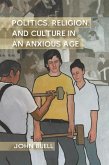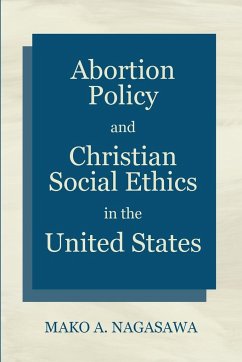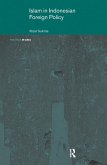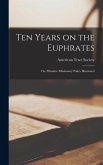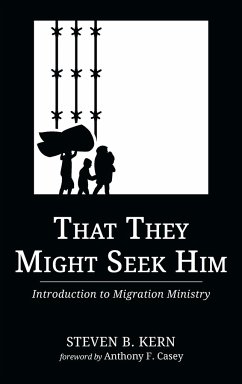As Americans seem bent on dismantling the safety net of the New Deal era, the most popular version of the culture wars' thesis paints an arguably cosmic battle between defenders of religious orthodoxy who embrace laissez-faire capitalism and secular elites who have imposed a Marxist welfare state upon an unsuspecting populace. Walsh shows that this thesis ignores the role of religious leaders in legitimizing the types of programs embodied in America's approach to the welfare state. Walsh explores the arguments of William Jennings Bryan, America's foremost fundamentalist who opposed the Social Darwinism often associated with the defense of laissez-faire capitalism, John Ryan, the Catholic priest whose writings foreshadowed Roosevelt's New Deal legislation, Reinhold Niebuhr, the influential mainstream Protestant leader who defended America's Cold War strategy of containment while opposing laissez-faire capitalism, and the arguments of influential African American Protestant and Jewish leaders. Finally he looks at the role of religious leaders in the contemporary debates over issues such as health care and welfare reform. Whenever possible, the relationship between the official views of the religious leaders is analyzed in light of the opinions and voting patterns of their constituents. The opinions and voting patterns of secular Americans are also contrasted to those of religious Americans. Of particular interest to scholars, students, and general readers concerned with the role of religion in American politics.
Hinweis: Dieser Artikel kann nur an eine deutsche Lieferadresse ausgeliefert werden.
Hinweis: Dieser Artikel kann nur an eine deutsche Lieferadresse ausgeliefert werden.



